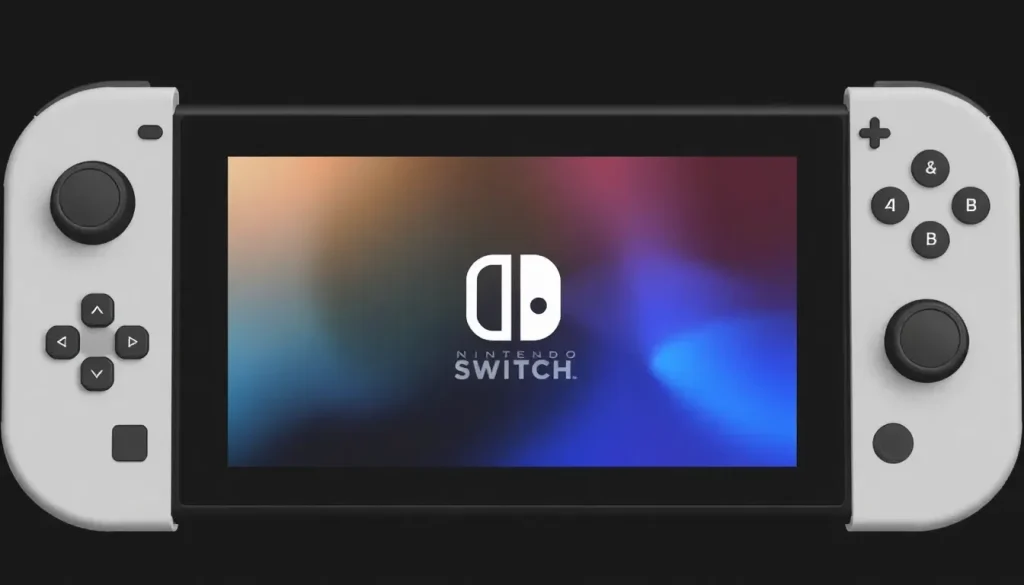Nintendo Switch Emulator Eden Removed from Android Play Store

The world of video gaming is ever-evolving, and with it comes the fascination with emulation. As technology advances, players look for ways to experience their favorite games from older consoles on modern hardware. The recent rise and fall of the Eden emulator for the Nintendo Switch has stirred up discussions among gaming enthusiasts, revealing both the potential and the pitfalls of emulation in today's digital landscape.
Launched in March 2017, the Nintendo Switch quickly became a global phenomenon, selling approximately 153 million units worldwide by early 2023. This remarkable success has not only made it the third best-selling console in history but has also prompted a surge in demand for emulators that allow players to enjoy Switch games on more powerful hardware. The emulation landscape has seen significant developments, but with these advancements come challenges, especially from corporations like Nintendo, which are known for protecting their intellectual property fiercely.
The Eden emulator's brief existence on the Google Play Store
The Eden emulator, a fork of the well-known Yuzu emulator, made its debut on the Google Play Store but was swiftly removed after just two weeks. This rapid disappearance raises questions about the ongoing battle between emulator developers and major corporations like Nintendo. The swift action taken against Eden indicates how seriously Nintendo views the potential threats posed by emulators to its business.
Emulation is appealing to many gamers because it allows for enhanced performance and graphical fidelity. While the Switch is limited to 720p and 30 FPS for most games, emulators have the potential to push these limits significantly, offering resolutions of up to 1080p and 60 FPS, or even 4K on higher-end PCs. This capability is essential for players seeking a superior gaming experience.
The Eden emulator was developed with the intent to carry on the legacy of Yuzu, incorporating various improvements that aimed to enhance the user experience. However, the quick removal from the Play Store suggests that Nintendo's legal team was vigilant and ready to act at the first sign of potential infringement.
Where to find the Eden emulator now
Despite its removal from the Google Play Store, the Eden emulator is not entirely gone. Users can still download it directly from its official website or its GitHub repository. As of now, it has not faced the same fate as other emulators like Yuzu and Ryujinx, which have also encountered legal challenges in the past.
Those interested in trying out Eden can find the version 0.03 available for Android on GitHub. The repository's release section provides access to the emulator, allowing users to continue experimenting with its features. Recent updates indicate that the developer, "Maufeat," has removed the Play Store listings, further emphasizing the ongoing tug-of-war between developers and Nintendo.
The implications of Nintendo's legal actions against emulators
Nintendo's aggressive stance against emulation is not new. The company has a long history of pursuing legal action under the Digital Millennium Copyright Act (DMCA). This legislation allows copyright holders to protect their intellectual property from infringement, and Nintendo has been particularly successful in these endeavors.
- Many emulators have been shut down due to infringing content.
- Nintendo often targets those who profit from the emulators or provide tutorials on how to use them.
- Developers face significant challenges in defending their projects against legal actions.
While developers may argue that they are simply offering software, the reality is that many emulators can facilitate the use of copyrighted games, which puts them at risk. The gaming community remains divided on this issue, with some viewing emulators as a means to preserve gaming history, while others see them as a threat to the industry's future.
Examining the history of Switch emulators
The emergence of Switch emulators like Yuzu and, more recently, Eden, highlights the rapid pace of development in the emulation scene. The first successful emulator for the Switch, Yuzu, was created in January 2018, less than a year after the console's launch. This achievement demonstrated that the power of modern PCs could effectively emulate Nintendo's hardware, leading to a growing interest in playing Switch titles on different platforms.
Yuzu's success paved the way for other emulators to enter the fray. However, the ongoing struggle against Nintendo's legal actions has left many developers uncertain about the future. The community remains hopeful that emulators can continue to thrive while respecting copyright laws.
The future of emulation for Nintendo consoles
As the landscape of gaming continues to evolve, the future of emulation appears both promising and precarious. With the introduction of new consoles and technologies, developers will likely continue exploring ways to emulate these systems. However, the ever-watchful eye of companies like Nintendo complicates this endeavor.
For gamers, the appeal of emulation lies in:
- Access to games that may no longer be available on current consoles.
- The ability to enhance graphics and performance beyond the original capabilities.
- The potential for modding and customization that may not be possible on standard hardware.
As long as there is a demand for emulation, developers will find ways to innovate and create tools that allow players to enjoy their favorite titles in new ways. The challenge remains in navigating the legal landscape while ensuring that the rights of content creators are respected. The Eden emulator, despite its brief stint on the Google Play Store, serves as a reminder of the fine line between innovation and infringement in the world of gaming.




Leave a Reply